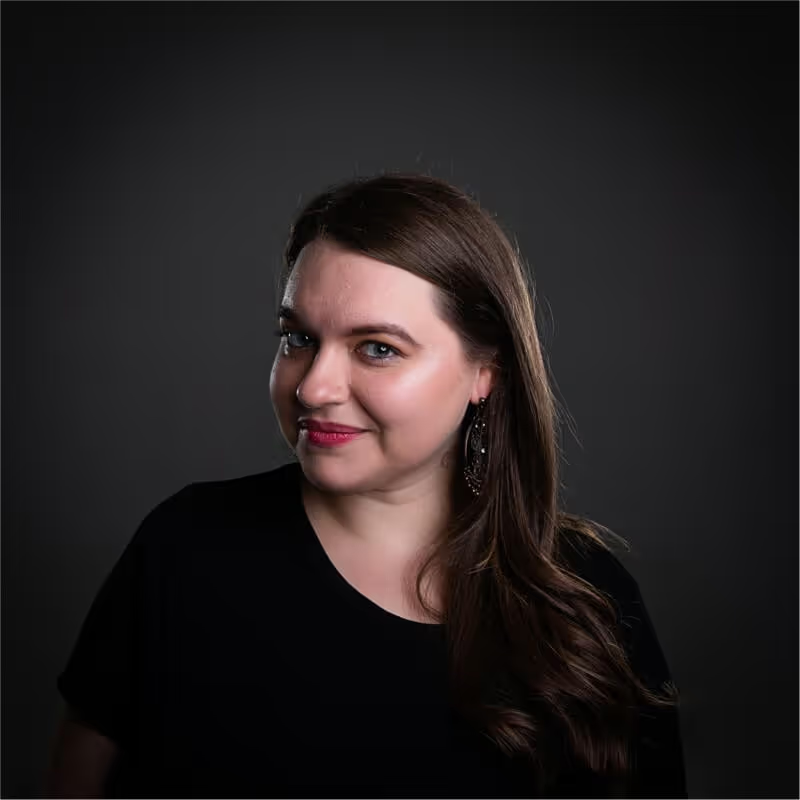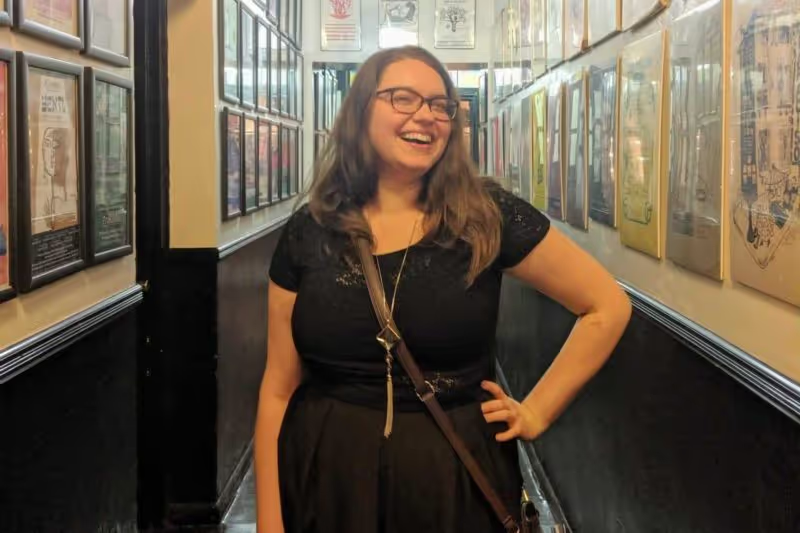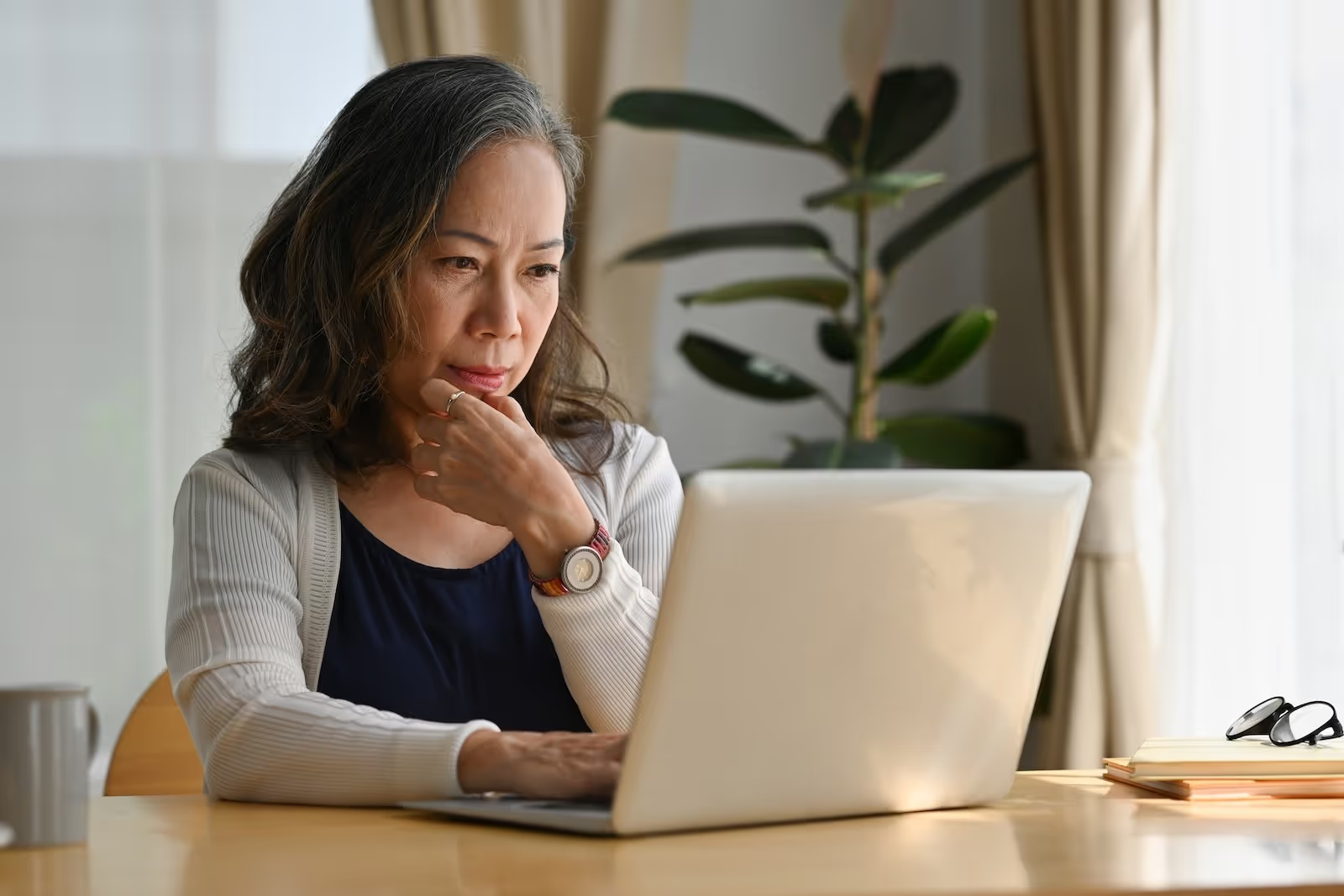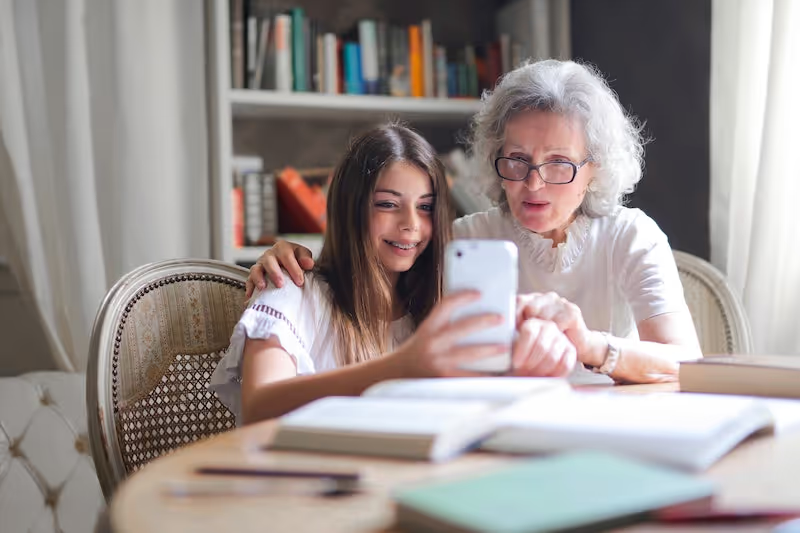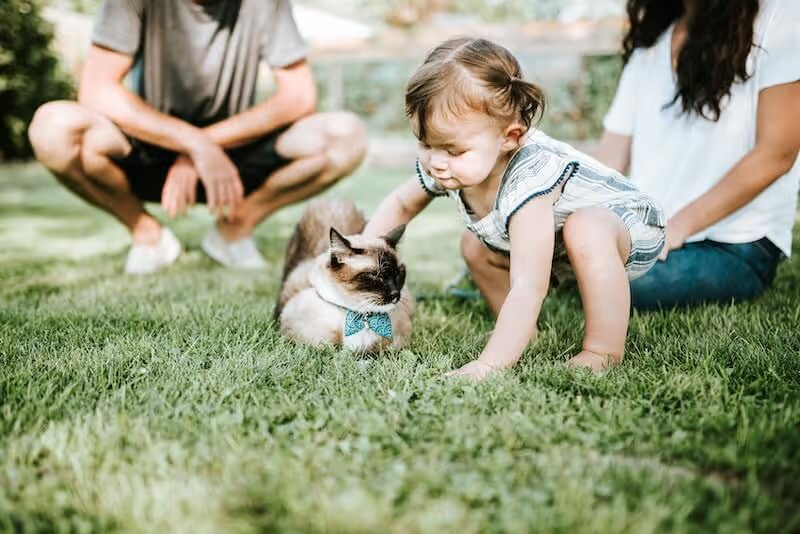Confronting our mortality is scary. That’s probably why many of us choose not to, at least for as long as we can. But sometimes, life forces our hand.
When I had just graduated from college, my mom was diagnosed with breast cancer. At 22 years old, my life path changed and I became her primary caretaker. It was overwhelming, to say the least. I was having difficult conversations with my mom, and our family, about her healthcare wishes – more in-depth conversations than we’d ever had before, at a time in her life when she was the most stressed and vulnerable. Years later, I would look back and wish that there were resources for caregivers to help guide these discussions. Especially young, right-out-of college caregivers.
I was signing forms at the doctor’s office filled with legal jargon I could barely understand. It was a cerebral time for me — I was extremely task-focused, making sure I had checked all the right boxes (literally and figuratively). The emotional processing would come later — I didn’t have the capacity to handle it at the time.
At an already transformational time, I was seeking ways to strike a healthy balance of taking care of my family’s needs as well as my own. My mom and I became closer than ever, and I learned very quickly how important it was for me to align my career and life goals with this life-altering experience.
Gratefully my mom entered remission, and I used this experience as a catalyst to shape the next chapters of my life. I moved to a new state, earned my graduate degrees and ultimately ended up on the other side of the country. Then, a few years later, I received my own diagnosis.
It started with a persistent pain in my abdomen. After suffering from discomfort for weeks, I finally visited the doctor. After several chaotic rounds of imaging, doctor’s visits, and other tests, I unexpectedly encountered my own cancer journey. I’ll spare you the details, but in a matter of days, I had to make critical decisions about my health that would impact me for the rest of my life.
After my diagnosis, I went into survival mode. My first thought was, “if something happened to me, what would my friends and family need to know?” I had conversations with my doctors about who could have access to my healthcare records, and made a spreadsheet for myself where I kept track of important information. Once again, it was a cerebral time for me, and equally as overwhelming as before.
Within a week and a half, I had a significant surgical procedure. Even with the experience I had from caring for my mother, I still walked into surgery desperately wishing for a resource that could explain to me what legal forms I was signing.
After my surgery came the recovery process — and what a humbling process it was. At the time, I lived in a six floor walk-up Brooklyn apartment with no elevator. After I was discharged from the hospital after my surgery, it took 45 minutes and the help of two people to get me up the stairs and into my apartment. I was lucky to have friends, family, and even coworkers care for and support me during my time of need. As humbling as it is to admit when we need help, this experience was a reminder for me that we shouldn’t have to go through life’s most difficult moments alone.
Roughly a year and a half later, I was eating dinner on an otherwise unremarkable night when one of my teeth decided it had had enough and just…fell out. Plunk. Right onto the table.
After getting over my shock and mortification (who loses a tooth at dinner?!), I visited an emergency dentist to diagnose the issue. I had a dental implant which had been in my upper jaw for almost a decade. Unbeknownst to me, there was an infection surrounding the top of my dental implant that had compromised its integrity — thus, my runaway tooth. Recovery for this issue has been a journey: so far I’ve had bone grafting surgeries, an implant removal and insertion, and several temporary “flippers” (aka, a denture for a single tooth).
For several years, I was embarrassed and ashamed that I had an artificial tooth. I went to great lengths to hide the issue, which ended up impacting other areas of my life in the process. I could no longer “nod and smile” without someone staring or making a comment about my tooth. Over time, I’ve come to embrace the fact that life is chaotic and unexpected — and as challenging as it has been, it’s been so freeing to just be me, toothless and all. In fact, one year I dressed up as the “Toothless Tooth Fairy” for Halloween!
What I’ve learned
National Estate Planning Week is always the third week in October, and this beautiful season of change — when the leaves are turning color and the air grows crisper — always gives me a chance to pause and reflect. I reflect on the unexpected twists and turns my life has taken, the difficult decisions I’ve had to make, and the incredible people who have been there to support me through it all.
My health scares are an important part of my life’s journey, and they also taught me a lot — about myself, and about how to prepare for the unpreparable. Here’s what I’ve learned:
1. Big things are little things.
It sounds silly and cliche, but it’s important to enjoy the little things. Reflecting on your life, your belongings, and your relationships can give you perspective and make you grateful for the people and things that you have.
2. Your mental health is important.
It’s impossible to make important decisions about your life, your health, and your legacy if you’re not in a good headspace. A few years ago I would never have been able to share about this difficult period in my life — the power of my vulnerability scared me. I didn’t have the skills to properly heal and process my experience. Mental health is important, so get in a good space and take care of yourself.
3. Don’t be afraid to rely on others.
When I was first diagnosed, I was afraid to feel like a burden on others because I was sick. But it’s important to remember that we simply can’t do everything on our own. We have people who love us, and it’s okay to let them love us. There are resources out there and people you can lean on. You matter, and are not a burden.
4. Be okay with having tough conversations.
The decisions you’re making in your estate-planning documents – from the healthcare you want to receive if you’re incapacitated, to who gets your belongings if you pass away — can be difficult, emotional decisions. Often, talking about death or incapacity can be uncomfortable conversations to have with your loved ones. But these conversations are also a gift. By making and communicating these decisions now, you’re removing a future burden from the people you love. You make the decision so they don’t have to.
That said, if you or your loved ones aren’t willing or ready to have these conversations, approach it with grace — this is a difficult topic for everyone! Sometimes, it’s enough to just let them know you have documents and where they’re stored. If you’ve listed them as the person to carry out the wishes in your documents — like your will executor or healthcare representative — it’s good to let them know that, too, so they can mentally and emotionally prepare for the role.
5. There are resources available to help you.
A lot of people put off making their will or creating a healthcare directive because it seems daunting or expensive. But there are free resources out there — like FreeWill — that can help you create these critical documents to protect yourself and the people you care about. It’s an important thought exercise for everyone, regardless of your age, health, or wealth.
When you as an individual sit down with your loved ones to make your estate plan and document your wishes, you’re taking control of your health, your finances, your life, and your legacy. It’s extremely empowering.
My experiences have shaped my work at FreeWill in every way. I’m passionate about the work that we do, providing free legal documents and resources to all Americans, no strings attached. If I were back in my shoes a few years ago, knowing a platform like FreeWill existed would have made all the difference.
It’s amazing to know I get to make a positive difference in the lives of many, many people, and to work with nonprofits and see the impact their missions have on their communities.
At the end of the day, you don’t know what other people are going through. You don’t know if their mom has a cancer diagnosis. Or their child. Or themselves. So be kind to each other.
We don’t always know what the future holds — and the truth is, we often have very little control over it. But we can always do our best to care for ourselves and the people we love. And that’s sure worth something.
Make your free estate plan today

Make your free advance healthcare directive

Make your free durable power of attorney

Make a stock donation today

Make your free revocable living trust


